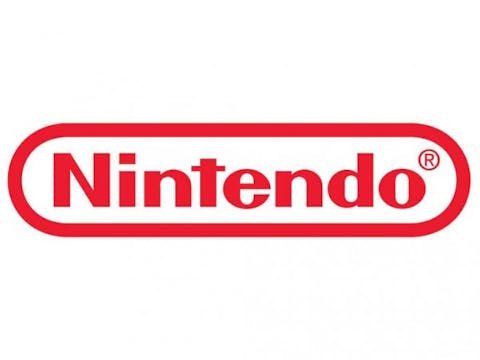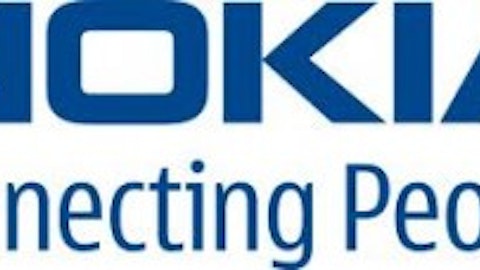If you invested in Nintendo Co., Ltd (ADR) (PINK:NTDOY) with American Depository Receipts (ADRs) in 2006, you were likely ecstatic as the stock climbed through the roof through 2008. What caused this beautiful rise? The introduction of the Wii, of course. But if you held on to the company, you’ve likely been continuously disappointed over the last few years, including 2012, which is when the Wii U went on sale in November. So what gives? What happened to Nintendo?
The short answer is nothing. And that’s the problem. Nintendo continues to do business and produce hardware and game software just like it always has. In a changing digital market, that’s no way to run a company.

Fast forward to 2013. Microsoft and Sony have aging consoles and a lackluster stock performance for more reasons than just their game divisions. Windows 8 hasn’t pulled Microsoft out of a slump that’s been going on over the last year. With rumors flying that the new Xbox won’t play used games and Sony beating them to the punch with the PlayStation 4, Microsoft doesn’t look like the exciting player it once was. Meanwhile, Sony has its own problems, although last week’s announcement of the new PlayStation 4 did perk things up a bit. We’re likely to see more trading in both companies in weeks to come as people try to bet which console will win out, but it doesn’t look like it will be the Wii U.
Why not the Wii U? What went wrong? Why is it underselling? It should be going gangbusters as the first new console since 2006. The device itself works fine. It’s the existence of the device that’s the problem. Instead of being amazingly simple to use, the Wii U adds a level of difficulty that people who wanted the Wii in the first place don’t want. While the Wii U boasts full HD graphics, the Xbox 360 and PlayStation 3 have had excellent graphics for years; so hardcore gamers have little to gain by purchasing the new system. What about grandma and grandpa, shouldn’t they be ready for an upgrade? Not likely. Since Microsoft introduced the Kinect for the Xbox 360, allowing for play without using controllers at all, anything that has to be held in your hand for sports and dance games on family game night seems silly and antiquated. Worse the Wii U’s controller looks like a tablet, but you can’t take it with you and play in the car.
What about Nintendo’s handheld devices like the 3DS that you can play in the car? Parents can hand their kids a smart phone or a tablet now to keep them entertained. Not to mention, kids can use smart phones and tablets to help with their homework too. Single use portable devices are less and less desirable in today’s market. Most parents are going to maximize usability over arguably better game play on the handheld systems. As games designed for phones and tablets get better and better, handheld gaming systems like the Nintendo 3DS or Sony’s PlayStation Vita will disappear entirely.
How about games, can’t Mario save them? Nintendo is known for its family friendly and engaging games. Mario and his cast of cronies is a big part of that. While Mario is still a popular character, he’s got a lot of competition out there now and since the PlayStation 3 and the Xbox 360 both offer a nice suite of parental controls, there isn’t really a need to spend the extra money on a kids-only console just to play Nintendo’s proprietary games. If Nintendo wants games to save them, they’re going to need to release titles like the beloved Mario games and the beautiful Legend of Zelda games for use on other consoles. Now some would say that would be the end of the console business for Nintendo, but I disagree. There is room to improve what’s currently available in gaming consoles, but the direction they’ve gone is not the way and releasing some of their most beloved titles to other platforms may give them the cash infusion they need to go back to the drawing board.
While some might see Nintendo’s current stock price as a bargain, my risk-averse sense tells me that it’s not.
The article What Happened to Nintendo? originally appeared on Fool.com and is written by Marie Flanigan.
Copyright © 1995 – 2013 The Motley Fool, LLC. All rights reserved. The Motley Fool has a disclosure policy.





